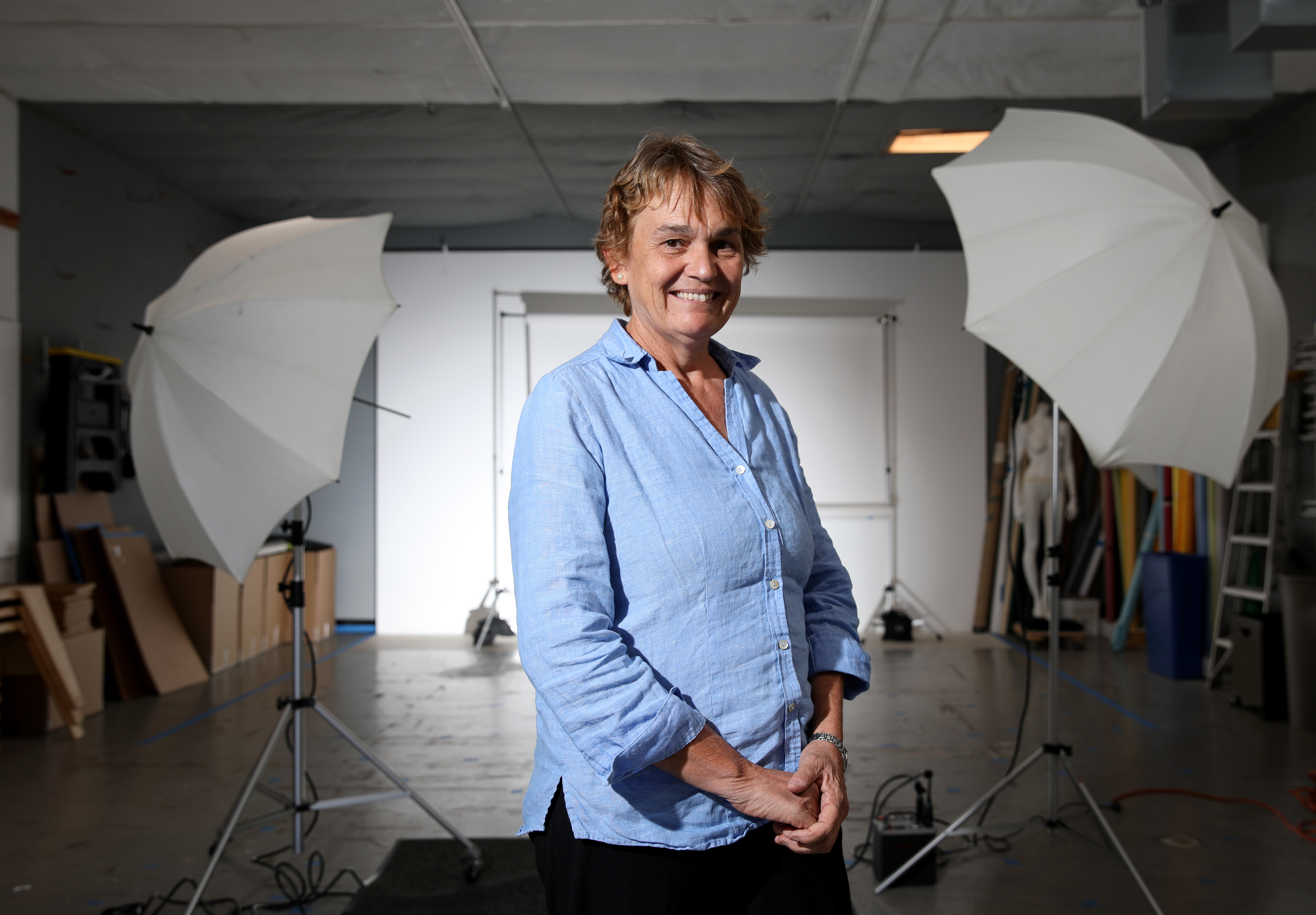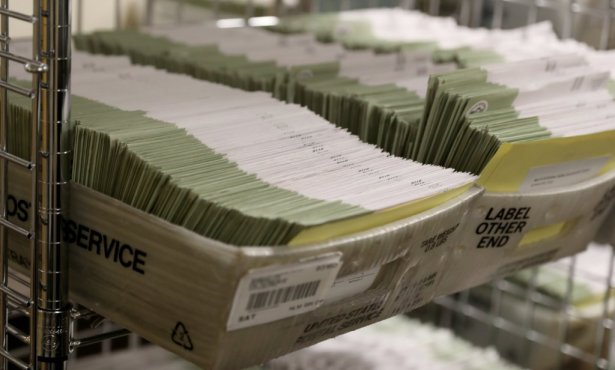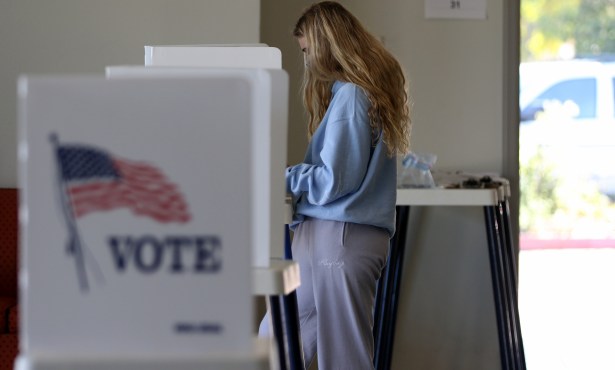Talking with Santa Barbara School Board Candidate Monie de Wit
After Years of Blasting District, Outspoken Literacy and Dyslexia Advocate Makes a Bid for the Board

This interview is part of an ongoing series of candidate profiles ahead of the General Election on November 3, 2020. Stay tuned to our Election 2020 page for all of our latest profiles and election coverage.
Join the Santa Barbara Independent for a discussion with the Santa Barbara Unified School District Board of Education candidates on Thursday, September 24 at 5 p.m. live on Zoom. Register at independent.com/forum.
Anyone who has tuned in to Santa Barbara Unified School District’s Board of Education meetings in recent years has probably heard Monie de Wit speak at public comment.
De Wit, an outspoken community advocate for literacy and dyslexia awareness, has decided to take her advocacy to the board level and run for one of the three seats open on the Santa Barbara school board. Her campaign comes after years of blasting the district for its literacy model and low reading scores. As a dyslexic woman herself who raised a dyslexic son in Santa Barbara, the issue is very close to her and is her main platform.
De Wit sat down with the Indy to talk about her campaign on literacy and other educational issues she hopes to tackle if elected. The following is a condensed version of the conversation.
Get the top stories in your inbox by signing up for our daily newsletter, Indy Today.
You have developed a reputation for being a local literacy advocate, particularly for students with dyslexia. Can you elaborate on the topic as it relates to Santa Barbara Unified?
I think I am uniquely qualified to help the district close the achievement gap and address what I see as a civil rights issue — literacy is a human right. That means something.… There is this bill that passed, AB 1369 or Dyslexia Guidelines. Initially it was meant to be a law, not a guideline, and part of the law included automatic universal testing for kids K-3rd grade. It also included teacher training and structured literacy, which is incredibly important.… Programs like Lindamood Bell and Orton-Gillingham are structured literacy that teach these kids to read in the explicit way that they need.…
I’ve been begging the district to do this one simple thing, which is to get rid of that Lucy Calkins reading program. That program only works for some people. It’s basically a way for people to guess at a word. Our district and our whole county has the same problem: reading scores are going down with Lucy Calkins.
If you were elected to the board, how would you use your activism for literacy struggles and other learning differences and apply it as a boardmember?
The first thing I would do on the board is improve communication on the board and in the district itself, because it has gotten so political now.
The second thing I would do is get an FCMAT [Fiscal Crisis and Management Assistance Team] report, which is basically the state’s own audit on your district. There was one in 2009 and one in 1994, and our district did terrible on both with special ed. I mean really, it’s a human rights violation. The reports also called for open communication, and that isn’t happening. We need a new, updated report to work off of and communicate about.
In addition to your passion for students with learning differences, you also have said you regularly advocate for the Latino community. Can you talk more about that role?
I have seen some things that are just so wrong. I am working with a woman right now who is undocumented, and her boy has special needs and she doesn’t know what to do. Teachers are not encouraged to find issues later on because it’s an embarrassment to the system and that’s what [the system] protects. I see that and I actually think, you know, I’ve had it very good.
I don’t like seeing other people stuck, and I’ve had people in this community be so compassionate and nice to me that I do feel like when I see these families who are stuck, I have to respond…. I see that other people aren’t going to get out like I did.
Being white, as much as I hate to say it, helps. I got a scholarship to Garden Street Academy when my [dyslexic] son needed more than what the district offered. That was the best thing that ever happened to me and my family, and I’m sad to see it close. But let’s say you’re from a large family where there isn’t a father or maybe a parent is incarcerated and one of the children has dyslexia, because one in five people do: They don’t get to go to Garden Street. That’s why it warms my heart to advocate for them.
Can you speak to the school-to-prison pipeline?
We have to stop the link between the education system and the judicial system. La Cuesta has 4 percent literacy. I know people from La Cuesta and you know where they go? Los Prietos [Boys Camp, a juvenile detention facility]….
I think we as a community need to be proactive. I do think that Black Lives Matter’s timing is perfect for me to run because they object to the school-to-prison pipeline…. It’s very dangerous. With three unexcused absences, and maybe some behavioral issues and acting out, you can actually wind up going to Los Prietos.
We should never punish. What you do instead is you catch people doing good, and then you redirect them. For example, if a student is having big behavioral issues, we should be directing them to community service that is in an area of their interest. It should not be punitive, because it is a sign that the system is failing them.
Monie de Wit’s campaign website can be found here.
Every day, the staff of the Santa Barbara Independent works hard to sort out truth from rumor and keep you informed of what’s happening across the entire Santa Barbara community. Now there’s a way to directly enable these efforts. Support the Independent by making a direct contribution or with a subscription to Indy+.



